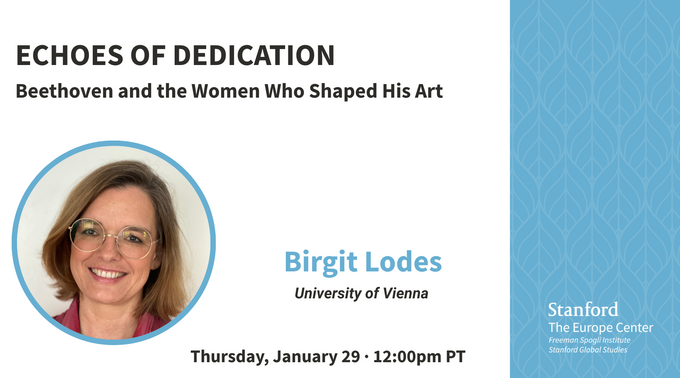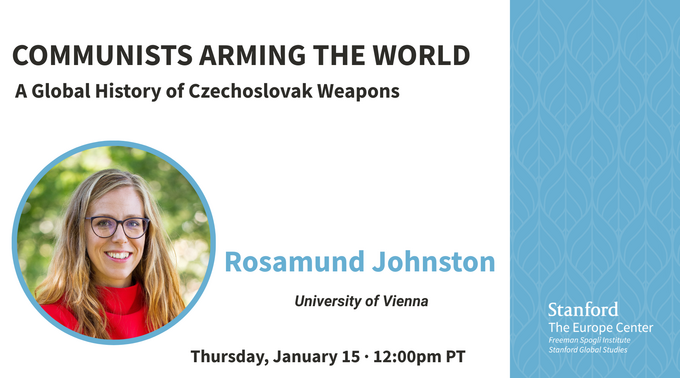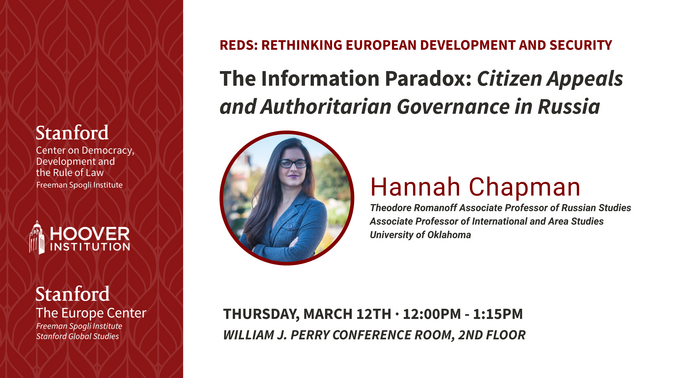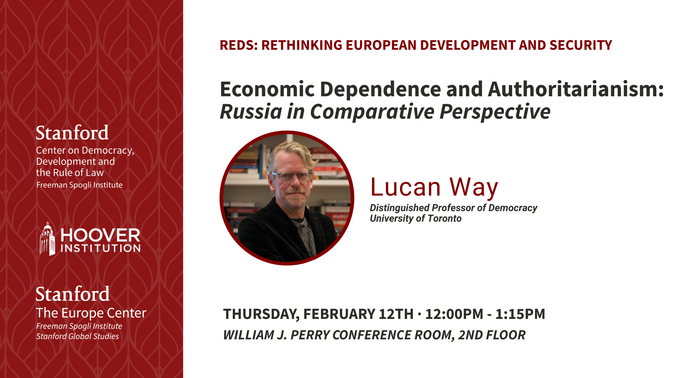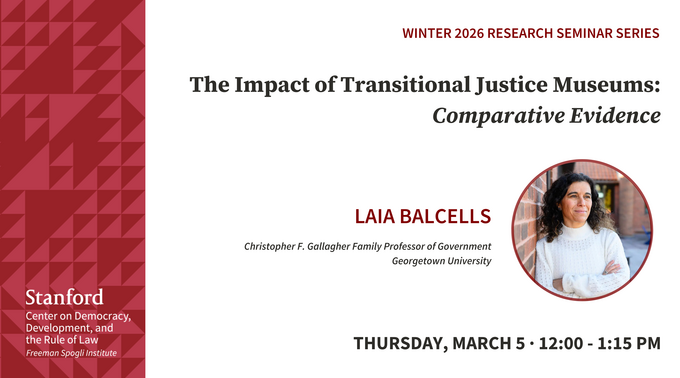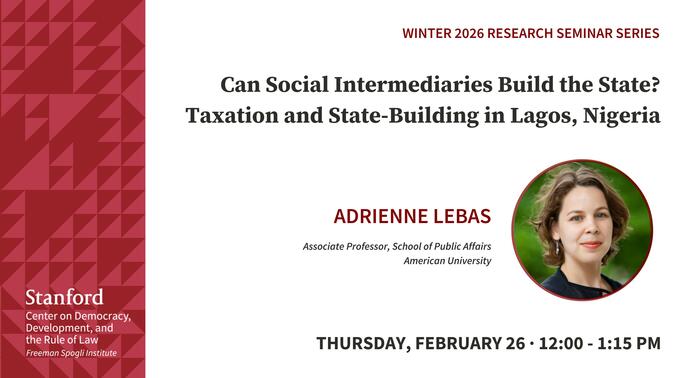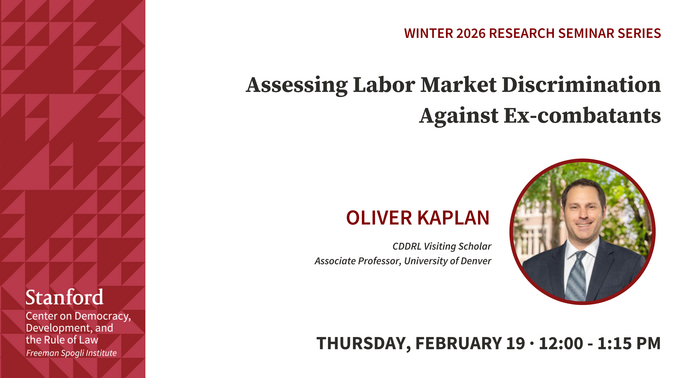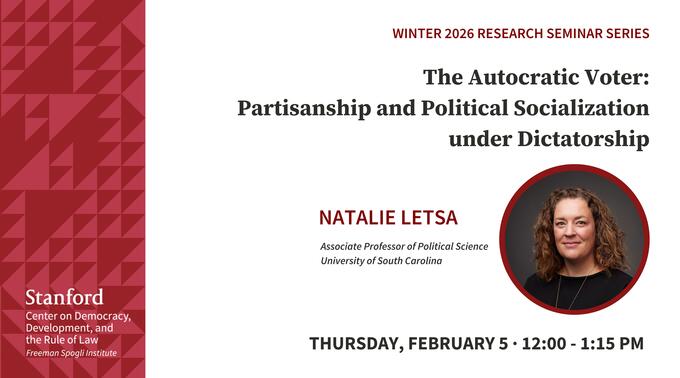Zeynep Somer-Topcu | Political Candidates on Twitter: How do Social Media Campaigns of Candidates Respond to the Public’s Issue Priorities?
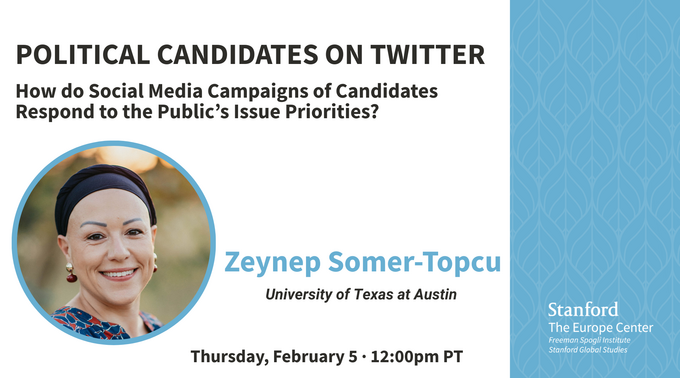
Whose preferences do political candidates in majoritarian systems represent on social media? Using the candidates' tweets during election campaigns in the UK, we examine whether candidates target copartisans, independents, or general preferences
We investigate how political candidates in the UK use Twitter to emphasize policy issues during election campaigns, and to what extent the issue priorities of
different voter groups affect their social media behavior. Drawing on approximately 750,000 tweets from nearly 5,000 candidates during the one-month campaign period before the 2015, 2017, and 2019 general elections in the UK, we examine the alignment between candidates’ online issue emphasis and the Most Important Issue (MII) responses of average voters, co-partisans, and independents at both the regional and national levels.
We find that candidates’ Twitter activity most closely aligns with their co-partisans’ issue preferences. Candidates also represent the issues of general voters and independents but put less effort on those compared to the copartisans. Voters’ social media use, on the other hand, does not condition candidates’ online strategies.
Zeynep Somer-Topcu is a professor in the Department of Government at the University of Texas at Austin. She is also one of the chief editors at the British Journal of Political Science, Vice-President of the Midwest Political Science Association (MPSA), and the Chair of the Diversity Committee of the European Political Science Society (EPSS), among her other services. Her research interests are at the intersection of political parties and voter behavior in advanced democracies. Her recent book, Glass Ceilings, Glass Cliffs, and Quicksands: Gendered Party Leadership in Parliamentary Systems (coauthored with Andrea Aldrich), published by Cambridge University Press, examines the life-cycle of women party leaders from candidacy to their election to and termination from party leadership. She is currently working on a series of projects examining party campaign rhetoric and voter perceptions of party issue positions. Her research sheds light on why political parties adopt certain electoral strategies and on the electoral and behavioral consequences of these strategies.

